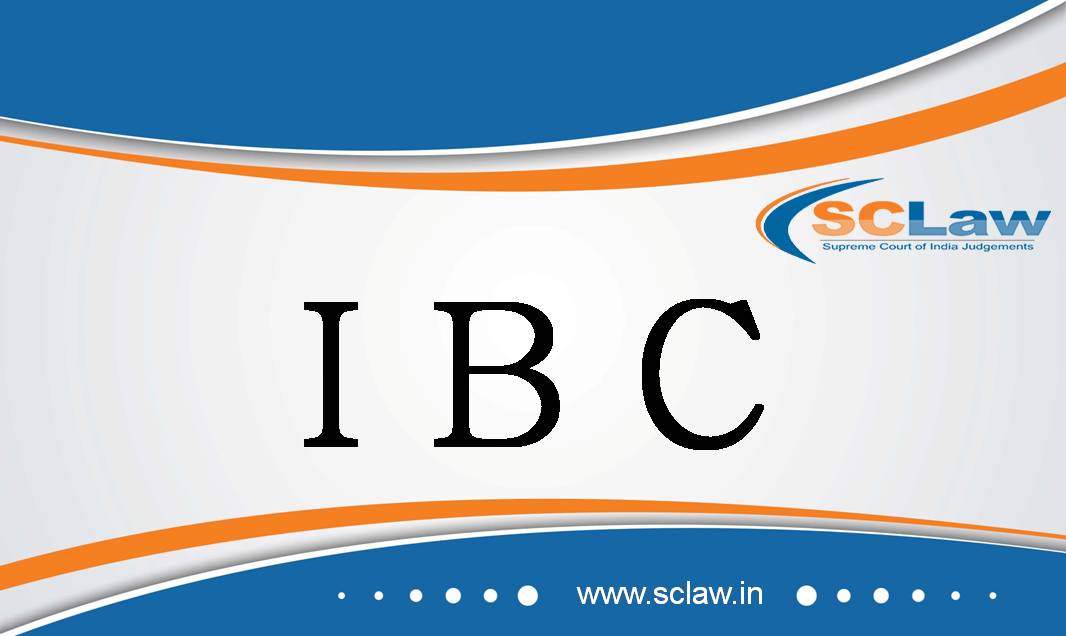This content is restricted to site members. If you are an existing user, please log in. New users may register below.

Supreme Court of India Judgements
47060 Judgements hosted as on 22/02/2026 - Search (FREE), Subscribe, Read & Download

This content is restricted to site members. If you are an existing user, please log in. New users may register below.